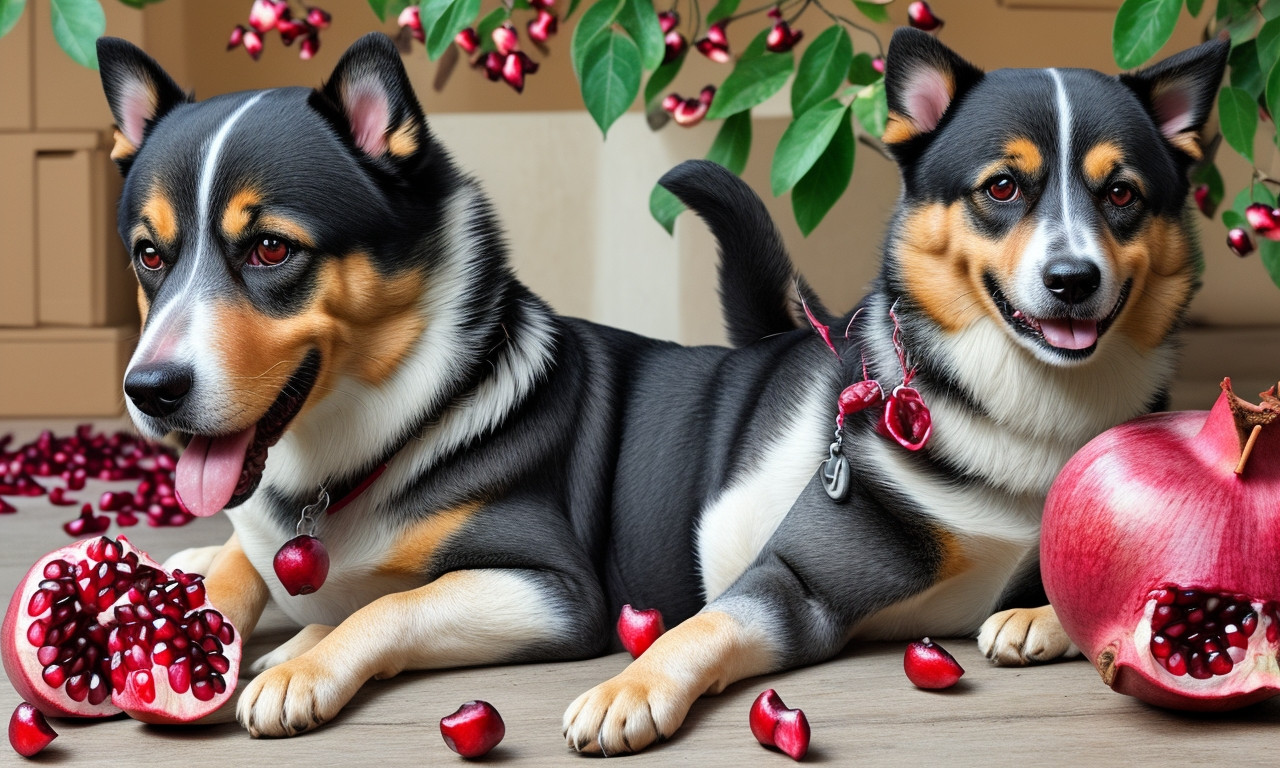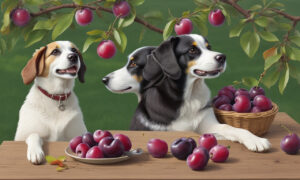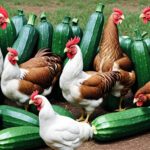Pomegranates are a superfood for humans, touted for their antioxidant properties and health benefits. These juicy, ruby-red fruits have become a staple in kitchens worldwide for their unique taste and nutritional profile. But when it comes to sharing this delectable treat with our canine companions, many dog owners find themselves pondering, "Can dogs eat pomegranate?" It’s a juicy query with a not-so-straightforward answer.
Veterinarians often encounter questions regarding safe foods for dogs, and pomegranates make the list of fruits that require a more nuanced discussion. This article digs deep into the vet’s advice on whether pomegranates are suitable for dogs, understanding their nutritional benefits, potential risks, and how to best serve them if deemed appropriate.
The Pomegranate Debate: Canine Consumption Examined
When we think of dogs enjoying fruits or vegetables, pomegranates may not immediately come to mind. As a dog owner searching for healthy snack alternatives for your furry friend, understanding the pros and cons of feeding pomegranates to your dog is essential. Let’s divide the debate into digestible segments to better understand this topic.
Related article; can dogs eat plums
Understanding Pomegranates: A Nutritional Overview
Pomegranates are more than just a tasty fruit; they’re packed with vitamins and minerals beneficial to overall health. They contain:
Related article; can dogs eat egg shells
- Potent antioxidants like polyphenols and anthocyanins
- Vitamin C, which supports the immune system
- Vitamin K, which plays a role in blood clotting and bone health
- Fiber, which aids in digestion
Potential Benefits of Pomegranates for Dogs
With such a nutritional powerhouse at their core, there’s an argument to be made for the inclusion of pomegranates in a dog’s diet. Antioxidants, for instance, can help combat free radicals, which are associated with chronic diseases and aging. The fiber content may also contribute to a healthy digestive system.
Related article; can dogs eat pecans
The Risks: Why Pomegranates May Not Be Dog-Friendly
Despite their benefits, pomegranates also have aspects that can be problematic for dogs:
Related article; can dogs eat kiwi
- The fruit contains tannins, which can cause stomach upset in sensitive dogs.
- Pomegranate seeds might be a choking hazard or cause gastrointestinal blockages.
- The fruit is acidic, which could potentially lead to dental issues over time.
Veterinarian’s Advice: While some vets may not completely rule out pomegranates as a canine snack, they advocate for caution. Pomegranate seeds, in particular, should be avoided. If you are considering feeding your dog this fruit, consulting with a vet is crucial to determine if it’s a suitable addition to their diet.
Serving Pomegranates to Dogs: Safety First
For those dog owners who have gotten the green light from their vet, it’s important to know how to safely include pomegranate in their pup’s diet. Always keep in mind that moderation is key.
Related article; can dogs eat cabbage
Treat Preparation Tips
If you’ve decided to introduce pomegranate to your dog, follow these steps to ensure safe consumption:
Related article; can dogs eat watermelon
- Remove All Seeds: Ensure that no seeds are left in any piece you give to your dog.
- Small Quantities: Start with small amounts to see how your dog reacts.
- Monitor Closely: Watch for any signs of stomach upset or allergic reactions.
Alternative Options
For those unwilling to take the risk with raw pomegranate, there are safer alternatives:
- Pomegranate-Infused Treats: Some dog treats are made with pomegranate extract, which may be safer than the fruit itself.
- As an Ingredient in Dog Food: Certain high-quality dog foods may include pomegranate in a form that is appropriate for dogs.
A Vet’s Reminder
Even when serving dog-safe versions of the fruit, it’s still crucial to ensure that these treats do not constitute more than 10% of your dog’s daily caloric intake.
Risks Associated with Feeding Pomegranate to Dogs
It’s imperative to underline that not all parts of the pomegranate are safe for dogs. Some components pose significant health risks.
Choking and Blockages
The seeds, while nutritious for humans, can become lodged in a dog’s throat or intestines, leading to choking or blockages that may require surgical intervention.
Tannin Sensitivity
The tannins found in pomegranates can upset a dog’s stomach. In some cases, dogs might experience vomiting or diarrhea, which is a clear sign that pomegranates may not agree with them.
The Bottom Line on Safety
A vet will likely recommend erring on the side of caution. If you choose to give your dog pomegranate, it should be in moderation, under supervision, and ideally, in a form that mitigates the risks, such as a professionally formulated treat.
Alternatives to Pomegranate for Dogs
If the risks outweigh the benefits for your particular pet, or if your vet advises against incorporating pomegranates into your dog’s diet, there are numerous alternatives to consider that offer similar health benefits.
Safe Fruit Snacks for Dogs
Many fruits are safe for dogs to eat, and they can be excellent sources of vitamins, minerals, and fiber. Some of the best fruit options for dogs include:
- Apples (seeds and core removed)
- Blueberries
- Bananas (in small amounts due to high sugar content)
- Watermelon (seeds and rind removed)
Tips for Introducing New Fruits to Your Dog’s Diet
When adding any new fruit to your dog’s diet:
- Start with small pieces to prevent choking.
- Introduce one new fruit at a time to monitor for any adverse reactions.
- Always wash fruits thoroughly to remove any pesticides or chemicals.
Final Thoughts: Informed Decisions for Your Dog’s Diet
The question, "Can dogs eat pomegranate?" doesn’t come with a simple yes or no answer. It involves a complex interplay between nutritional benefits and potential risks. As a responsible dog owner, making informed decisions about your pet’s diet is paramount.
Vet’s Advice Recap: Consult with your veterinarian before making any changes to your dog’s diet. This will ensure that you’re providing treats and snacks that are not only enjoyable but also safe for your beloved companion. By understanding the specifics of what you can feed your dog and the safest way to do so, you’re contributing to their well-being and vitality for years to come.






